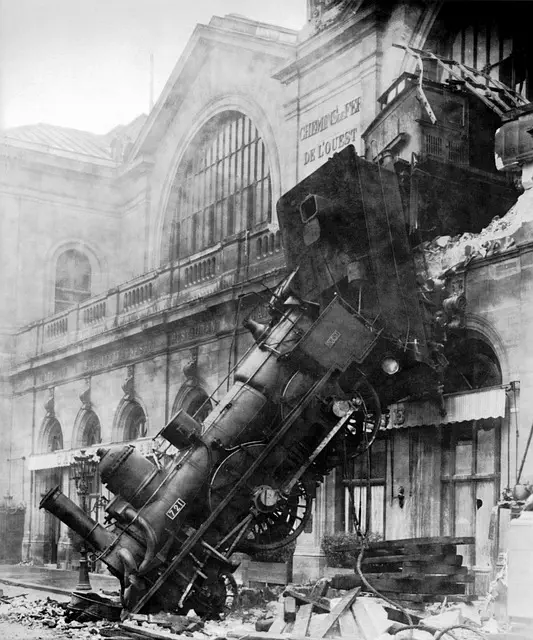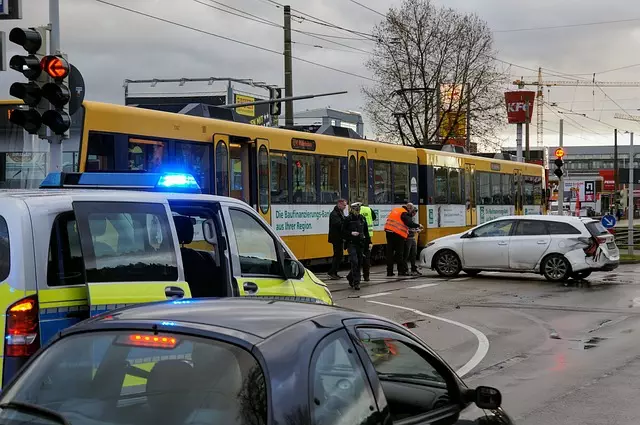Rideshare Safety Litigation in Queens, New York, highlights critical workplace safety violations within the rapidly growing rideshare industry. Common issues include inadequate driver training, insurance problems, and unclear employment classifications, posing risks to drivers and passengers. Regulatory bodies play a vital role by enforcing background checks, vehicle inspections, and compliance with labor laws, holding companies accountable and fostering accountability culture. Notable cases have brought attention to negligence, unsafe protocols, and rights of both rideshare workers and passengers. In response, the industry underwent transformations, implementing stricter measures like advanced tracking tech, enhanced training, and robust incident reporting to prevent future violations and litigation related to Workplace Safety Violations in Queens.
“Rideshare Safety Litigation: Navigating Legal Complexities and Ensuring Public Protection
In recent years, rideshare safety has become a paramount concern, especially in bustling urban centers like Queens. This article delves into the legal intricacies surrounding rideshare litigation, examining workplace safety violations commonly encountered in the industry. We explore the role of regulatory bodies in safeguarding drivers and passengers, presenting case studies from New York City. Additionally, we dissect the rights and responsibilities of riders and drivers, offering insights into preventative measures and industry reforms stemming from significant legal cases.”
- Understanding Rideshare Safety Litigation: A Legal Perspective
- Workplace Safety Violations: Uncovering Common Issues in Queens
- The Role of Regulatory Bodies in Ensuring Driver and Passenger Protection
- Case Studies: Notable Rideshare Safety Litigation in New York City
- Legal Rights and Responsibilities for Drivers and Passengers
- Preventative Measures and Industry Reforms Post-Litigation
Understanding Rideshare Safety Litigation: A Legal Perspective

Rideshare Safety Litigation is a critical legal domain that scrutinizes workplace safety violations within the dynamic rideshare industry. In recent years, as ridesharing services have become an integral part of urban mobility, ensuring the security and well-being of drivers and passengers has taken on heightened importance. This litigation involves a complex interplay of state and federal regulations, focusing on issues such as driver background checks, vehicle safety standards, and response protocols to emergencies.
In Queens, New York, for instance, workplace safety violations related to ridesharing have sparked legal actions aimed at holding companies accountable. These cases delve into the responsibilities of rideshare giants in safeguarding their workforce and passengers against potential hazards. By examining contractual agreements, policy implementations, and operational practices, legal experts are navigating a landscape where defining liability and establishing best practices for safety become paramount.
Workplace Safety Violations: Uncovering Common Issues in Queens

In Queens, like many urban areas, rideshare companies face significant scrutiny regarding workplace safety violations. Common issues often arise from drivers’ concerns about lack of training, inadequate insurance coverage, and unclear employment classifications, which can lead to dangerous situations for both drivers and passengers. These violations underscore the need for stricter regulations and better oversight in the rideshare industry.
Investigations reveal that many drivers face hazardous working conditions due to insufficient safety protocols. This includes inadequate vehicle maintenance, lack of access to emergency services, and limited training on safety procedures. Queens residents and workers are advocating for enhanced protections, emphasizing the importance of workplace safety violations as a pressing issue that requires immediate attention from local authorities and rideshare companies alike.
The Role of Regulatory Bodies in Ensuring Driver and Passenger Protection

Regulatory bodies play a pivotal role in ensuring safety standards within the rideshare industry by holding companies accountable for their operations and maintaining a secure environment for both drivers and passengers. These entities are tasked with overseeing adherence to regulations, which include background checks on drivers, regular vehicle inspections, and compliance with workplace safety violations prevention measures. By implementing stringent rules, they can mitigate risks associated with ridesharing services, addressing concerns related to driver qualifications and vehicle maintenance.
In the event of accidents or misconduct, regulatory bodies investigate, imposing penalties for non-compliance. This enforcement mechanism encourages companies to prioritize safety, fostering a culture of accountability. Furthermore, their oversight aids in identifying systemic issues, leading to legislative changes that enhance passenger protection across Queens and other regions, ultimately contributing to the overall well-being of the rideshare ecosystem.
Case Studies: Notable Rideshare Safety Litigation in New York City

In recent years, Rideshare Safety Litigation has gained significant attention in New York City, with several notable cases shedding light on crucial issues surrounding workplace safety violations, particularly in Queens. One prominent example involves a lawsuit against a major rideshare company, alleging negligence and failure to adhere to local labor laws regarding driver classification and compensation. This case highlighted the complex relationship between gig economy workers and their employers, emphasizing the need for clearer definitions of employee status and rights within the rideshare industry.
Another significant litigation focused on workplace safety violations in Queens, where a group of drivers accused the company of inadequate training and lax safety protocols. The suit brought to the forefront the potential risks associated with late-night shifts, uninspected vehicles, and limited access to emergency services for rideshare drivers. These case studies not only underscore the importance of robust safety measures but also the legal avenues available to rideshare workers when their rights are violated.
Legal Rights and Responsibilities for Drivers and Passengers

In Rideshare Safety Litigation, understanding the legal rights and responsibilities of both drivers and passengers is paramount. When it comes to workplace safety violations in Queens, New York, drivers operating under rideshare services like Uber or Lyft are entitled to certain protections while also holding a duty to ensure their vehicles meet safety standards. They must adhere to traffic laws and maintain a safe driving environment, free from distractions like phone use during operation.
Passengers, on the other hand, have the right to expect a secure journey. This includes being transported in a clean, well-maintained vehicle with properly functioning safety equipment. In case of accidents or incidents, passengers can invoke their legal rights for compensation and justice. Awareness of these rights fosters accountability and underscores the importance of adhering to both company policies and local regulations, particularly regarding workplace safety violations Queens residents may encounter.
Preventative Measures and Industry Reforms Post-Litigation

After significant rideshare safety litigation, the industry experienced a transformative phase, prioritizing preventative measures to address previous workplace safety violations in Queens and beyond. Companies implemented stricter background checks for drivers, enhancing verification processes to ensure the safety of passengers and employees alike. Advanced technology was also embraced; apps now incorporate real-time tracking features, allowing dispatchers and riders to monitor trips, fostering transparency and accountability.
Industry reforms extended to improving training programs for drivers and company policies. Enhanced training focuses on road safety, customer service, and recognizing potential hazards, empowering drivers with the skills to navigate challenging situations. Additionally, companies established more robust reporting mechanisms for incidents, enabling quicker response times and better data analysis to identify recurring issues. These measures collectively aim to create a safer environment, demonstrating industry commitment to preventing future litigation and workplace safety violations.
Rideshare safety litigation has brought critical attention to ensuring driver and passenger protection. By examining workplace safety violations in Queens, common issues have been exposed, highlighting the need for robust regulatory frameworks. Case studies of notable lawsuits in New York City offer valuable insights into legal rights and responsibilities. Post-litigation, preventative measures and industry reforms aim to enhance safety standards, fostering a more secure rideshare environment. Addressing these workplace safety violations in Queens is crucial for upholding passenger confidence and ensuring fair practices within the rideshare industry.
